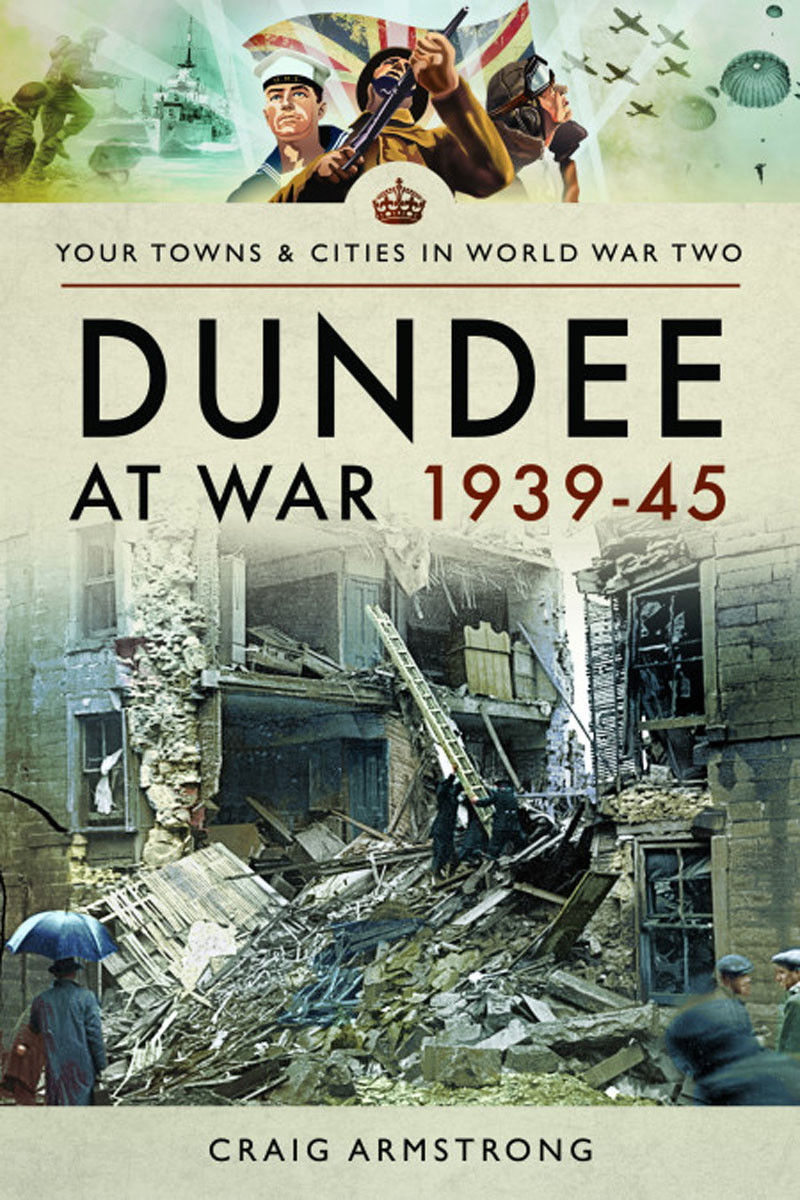

Most ebook files are in PDF format, so you can easily read them using various software such as Foxit Reader or directly on the Google Chrome browser.
Some ebook files are released by publishers in other formats such as .awz, .mobi, .epub, .fb2, etc. You may need to install specific software to read these formats on mobile/PC, such as Calibre.
Please read the tutorial at this link: https://ebookbell.com/faq
We offer FREE conversion to the popular formats you request; however, this may take some time. Therefore, right after payment, please email us, and we will try to provide the service as quickly as possible.
For some exceptional file formats or broken links (if any), please refrain from opening any disputes. Instead, email us first, and we will try to assist within a maximum of 6 hours.
EbookBell Team

4.3
18 reviewsDuring the Second World War a number of industries in the Port of Dundee Scotland, were of major importance to the war effort.
The jute industry, which had previously dominated the local economy, had suffered badly during the 1930s.
However, the war gave a temporary boost to the industry as the material was in high demand for use in sandbags.
The shipbuilding industry was also important, with the Caledon Yards being busy throughout the war.
The yard refitted two Polish submarines at the beginning of the war and constructed a number of Castle and Loch Class frigates, as well as a large number of merchant vessels.
With its strategic importance it was believed that Dundee would be an obvious target for the Luftwaffe.
Fortunately, however, Dundee escaped relatively unscathed and the city itself was only bombed on twenty-four occasions.
Dundee also played a significant role in the war at sea, the city being home to a major Royal Navy submarine base, HMS Ambrose. Consequently, sailors came to be an important part of the wartime scene in Dundee and came not only from Britain and its Empire, but also from as far afield as France, Norway, Denmark, Poland and The Netherlands.
A great many Dundee men and women served in the armed forces during the war and the city suffered many casualties due to wartime service, but many also received decorations as a result of their bravery.
Amongst them was the 25 year old RAF Wing Commander Gordon Hugh Malcolm, who received the Victoria Cross Posthumously for his actions with the Desert Air Force in North Africa and Tunisia while flying Blenheim light bomber operations with 18 RAF Squadron in 1942.